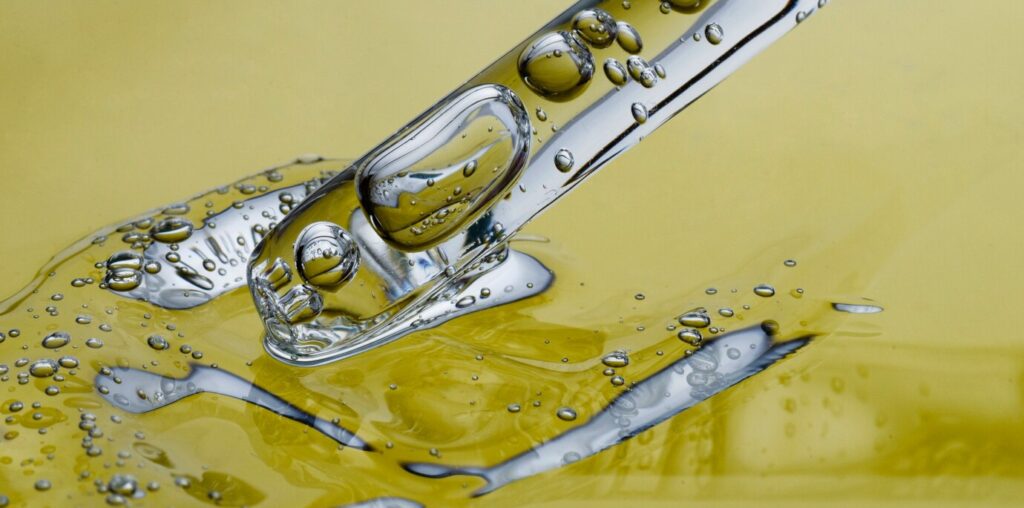Have you ever wondered what makes your car’s engine run smoothly, your industrial machinery operate efficiently, or your aircraft engines perform reliably mile after mile? The answer lies in the science of lubrication. But what exactly ensures that lubricants do their job effectively? Enter lubricant additive packages—the unsung heroes of machinery performance and longevity.
Understanding Lubricant Additive Packages
Lubricant additive packages are meticulously crafted formulations designed to augment the properties of base lubricants. These packages typically contain a blend of chemical compounds, each serving a specific function to enhance lubrication performance.
Anti-Wear Additives: Protecting Against Friction and Wear
One of the primary functions of lubricant additive packages is to reduce friction and wear between moving parts. Anti-wear additives create a protective film on metal surfaces, preventing direct contact and minimizing wear. For instance, zinc dialkyldithiophosphate (ZDDP) is a commonly used anti-wear additive in engine oils, providing crucial protection to engine components against metal-to-metal contact.
Detergent Additives: Keeping Engines Clean
Engine cleanliness is vital for optimal performance and longevity. Detergent additives in lubricant packages prevent the formation of deposits and sludge by dispersing contaminants and keeping them suspended in the oil. This helps maintain engine cleanliness and prevents harmful buildup that can impede performance. Calcium sulfonate is a prevalent detergent additive known for its ability to keep engines clean and protect against deposit formation.
Corrosion Inhibitors: Shielding Against Rust and Corrosion
In environments where moisture or harsh chemicals are present, corrosion can wreak havoc on machinery. Corrosion inhibitors in lubricant additive packages form a protective barrier on metal surfaces, shielding them from rust and corrosion. These inhibitors are essential for equipment longevity, especially in marine and industrial applications where exposure to corrosive elements is common.
Viscosity Index Improvers: Ensuring Consistent Performance
Lubricants must maintain their viscosity across a wide range of temperatures to ensure consistent performance. Viscosity index improvers (VIIs) in additive packages help achieve this by altering the flow properties of the lubricant. Whether operating in extreme cold or high heat, VIIs ensure that the lubricant maintains its protective properties, safeguarding machinery from wear and tear.
Importance of Lubricant Additive Packages: Enhancing Performance and Longevity
The inclusion of additive packages in lubricants offers a multitude of benefits, including:
- Extended Equipment Life: By reducing friction, wear, and corrosion, additive packages prolong the life of machinery and engines, minimizing downtime and maintenance costs.
- Improved Performance: Enhanced lubricants exhibit better thermal stability, oxidation resistance, and viscosity control, resulting in smoother operation and improved fuel efficiency.
- Environmental Protection: Additive packages contribute to cleaner emissions by optimizing engine combustion and reducing harmful deposits, aligning with environmental regulations and sustainability goals.
Application Areas: From Automotive to Aerospace
Lubricant additive packages find applications across a diverse range of industries, including automotive, aerospace, marine, industrial machinery, and power generation. Whether it’s keeping car engines running smoothly, ensuring aircraft engines perform reliably, or maintaining industrial equipment efficiency, additive packages are indispensable components of lubrication systems.
Challenges and Innovations: Navigating the Complexities
Formulating effective lubricant additive packages is not without its challenges. Factors such as compatibility issues, regulatory constraints, and evolving performance requirements pose continual challenges for lubricant manufacturers. However, ongoing research and development efforts continue to drive innovations in additive chemistry, leading to the introduction of more advanced and sustainable solutions.
Optimizing Machinery Performance
In conclusion, lubricant additive packages play a vital role in maximizing machinery performance and longevity across various industries. By incorporating a blend of anti-wear, detergent, corrosion inhibitor, and viscosity index improver additives, these packages ensure optimal lubrication under diverse operating conditions. As technology advances and environmental concerns grow, ongoing research and innovation in additive chemistry will continue to shape the future of lubrication, making machinery more efficient, reliable, and environmentally friendly.




